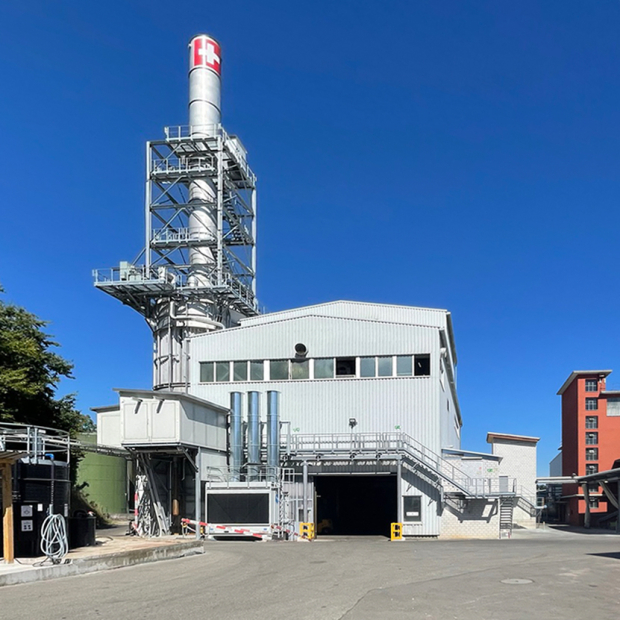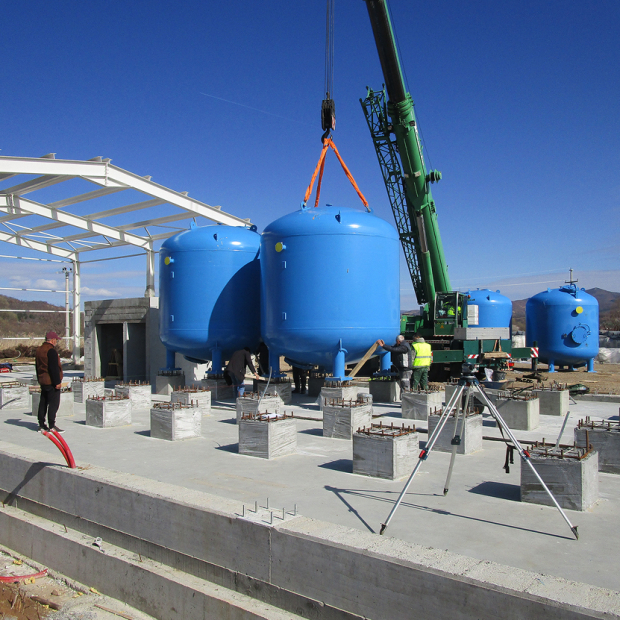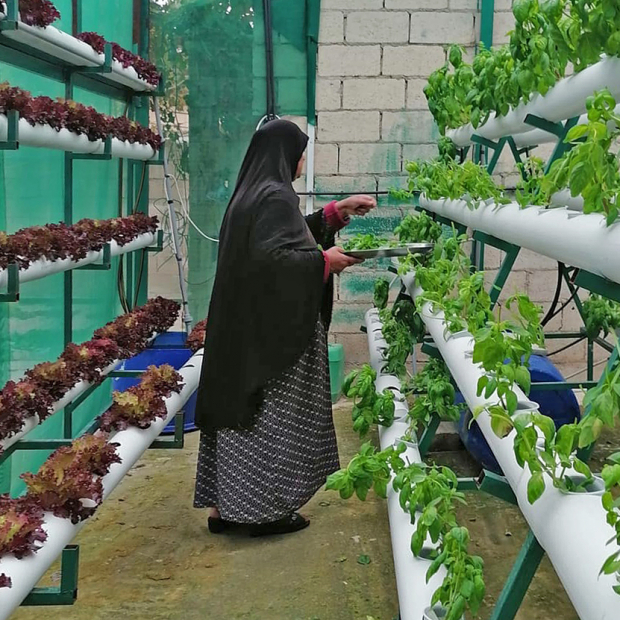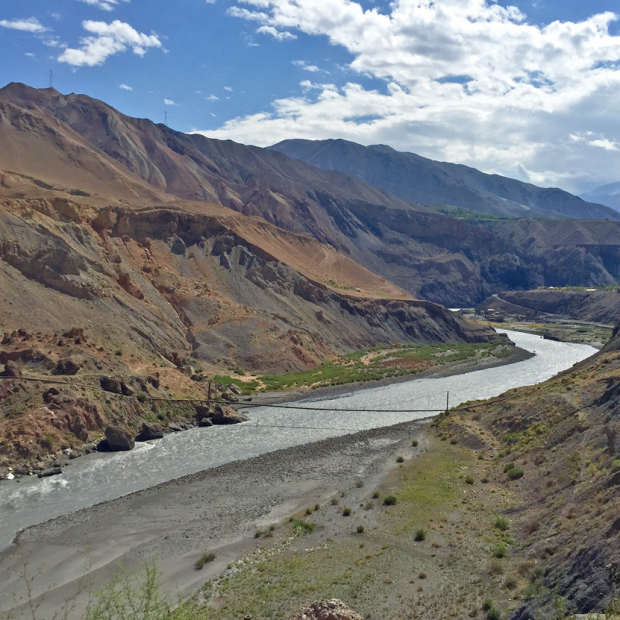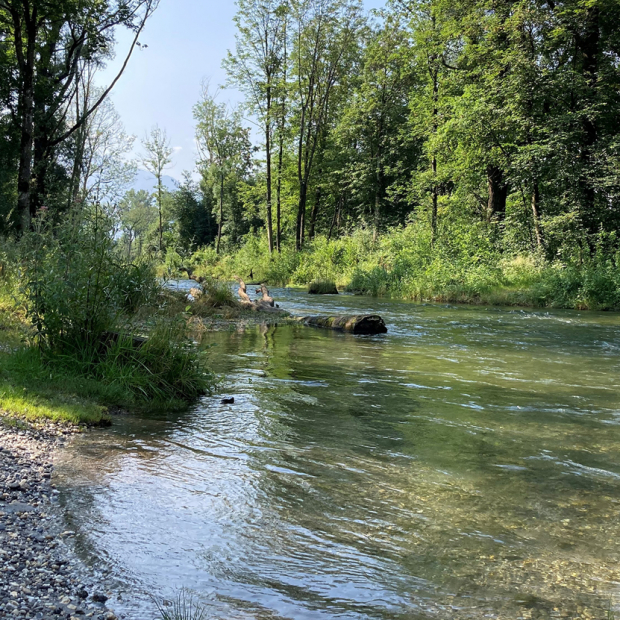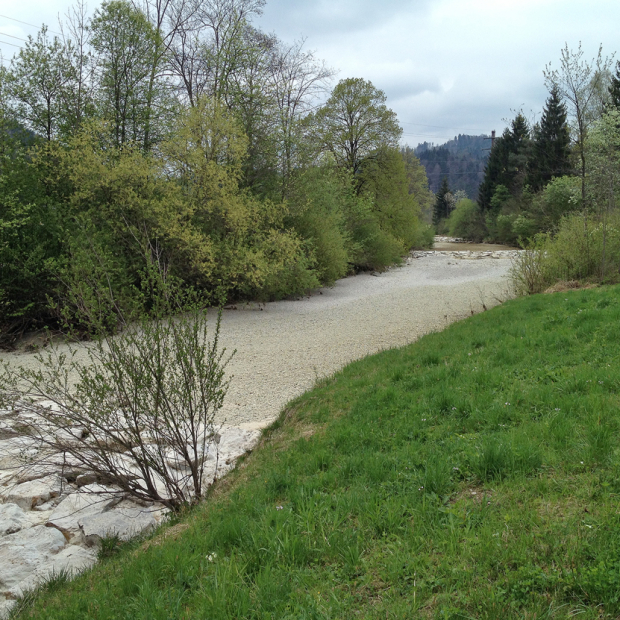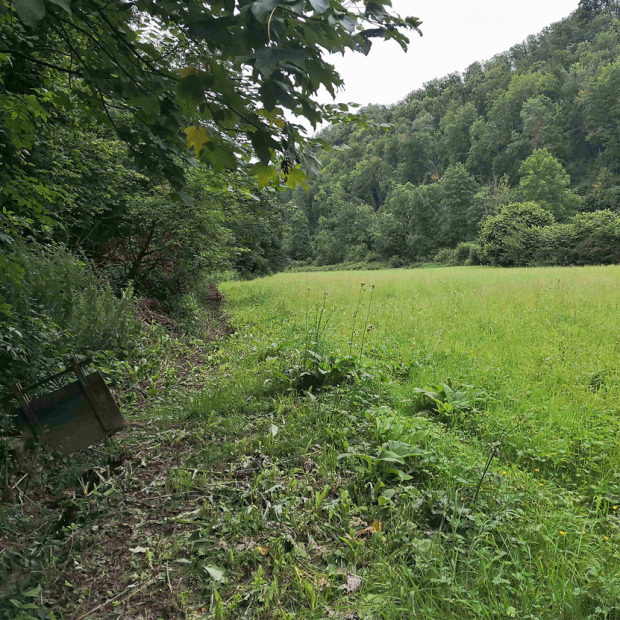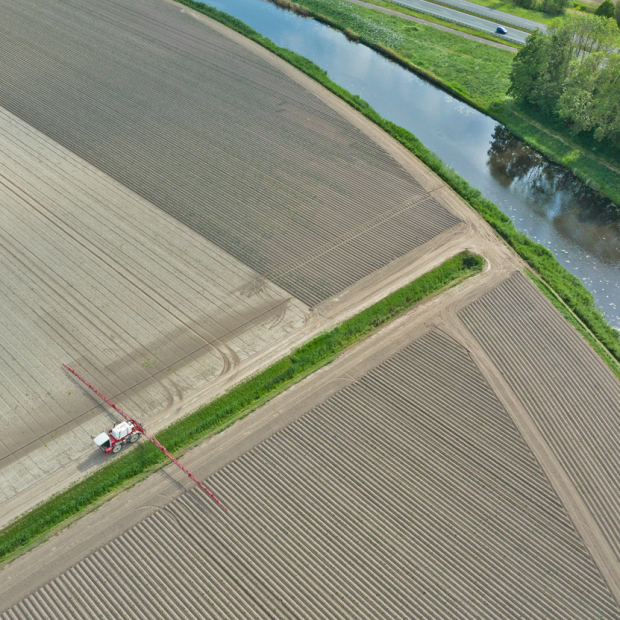
Integrated water resources management
Effective water resources management entails taking account of a variety of interests, including water use, conservation, and flood control. Applying a holistic approach, we help cities, regions, cantons, and countries to prioritize and reconcile these (oftentimes conflicting) interests.
Working on behalf of our clients, we devise water management solutions for urban settings and entire river catchments. Our project teams provide the expertise our clients need to answer all the engineering, scientific, institutional, and economic questions.
We apply the tools of integrated water resources management to reconcile our need to both make use of and protect our water resources. We then prioritize various uses and identify preventative measures that secure our water supply while also protecting ecosystems.
We offer the following services:
Analysis
- Analysis of regionally available water resources and the needs of various users (water supply, industry, agriculture, snowmaking); in-depth analyses are supported by a water allocation model
- Analysis of water risks along value chains
- Analysis of the impact of climate change and societal developments on water resources and their use, including analyses of any impact on stakeholders and institutional and regulatory frameworks
- Product, company, and region-specific assessments of water consumption and water pollution from industrial sites and production facilities (water footprint analysis, Science Based Targets for Nature (SBTN) Steps 1 and 2)
Strategy & planning
- Development of guidelines, goals, and implementation strategies for the management of water resources and water bodies (canton, region, watershed)
- Drafting of management plans, industrial water plans, regional water use concepts, and cross-sector action plans along with a prioritization of specific measures
- Development of Science Based Targets for Freshwater and action plans for private companies as well as support with the implementation of the action plans (SBTN Steps 3 and 4)
Monitoring, evaluation, and participatory processes
- Conception of implementation and impact-oriented monitoring
- Conception and moderation of participatory evaluation and learning processes
- Provision of support for the coordination of technical offices and the inclusion of relevant stakeholders
- Support of private companies in monitoring and reporting on their water-related measures (SBTN Step 5)
Projects for Topic Integrated water resources management


